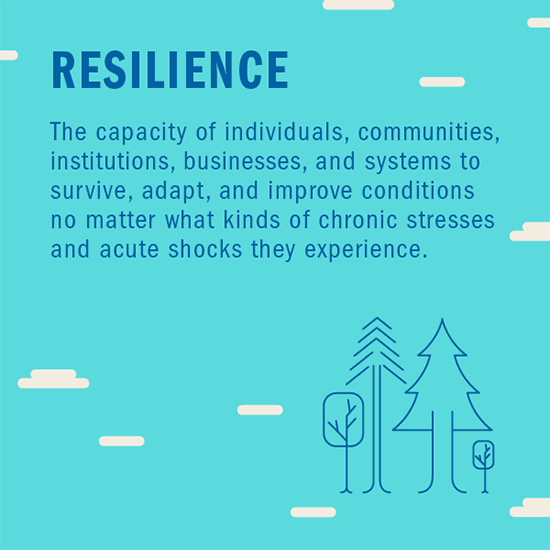


The socio-spatial dialectic opens up another possible perspective of how. of processes of material interaction, of communication, and of meaning and. education and work, and psychologically or socially defined restricted spaces. Space has been shaped and molded from historical and natural elements, but this has been a political process. Simply put, ‘socio-spatial learning’ rests on the premise that spatial planning knowledge is reworked or reframed upon community engagement. that sociospatial patterns (transforming in front of our very eyes) are not. If space has an air of neutrality and indifference with regard to its contents and thus seems to be “purely” formal, the epitome of rational abstraction, it is precisely because it has been occupied and used, and has already been the focus of past processes whose traces are not always evident on the landscape. Protected cultivation assists in healthier and a larger produce. How is energy transition seen as an instrument for achieving zero carbon by 2050 c). Explain in the context of socio-spatial dialectic. Space is not a scientific object removed from ideology and politics it has always been political and strategic. The interrelationships between social and spatial structure are complex. The spatial problematic is not a substitute for class analysis but it can be an integral and increasingly salient element in class consciousness and class struggle within contemporary capitalism. Building upon the works of Henri Lefebvre, Ernest Mandel, and others, a general spatial problematic is identified and discussed within the context of both urban and regional political economy. The concept of a socio-spatial dialectic is introduced as a means of reopening the debate and calling for the explicit incorporation of the social production of space in Marxist analysis as something more than an epiphenomenon.

ABSTRACT An increasingly rigidifying orthodoxy has begun to emerge within Marxist spatial analysis that threatens to choke off the development of a critical theory of space in its infancy.


 0 kommentar(er)
0 kommentar(er)
